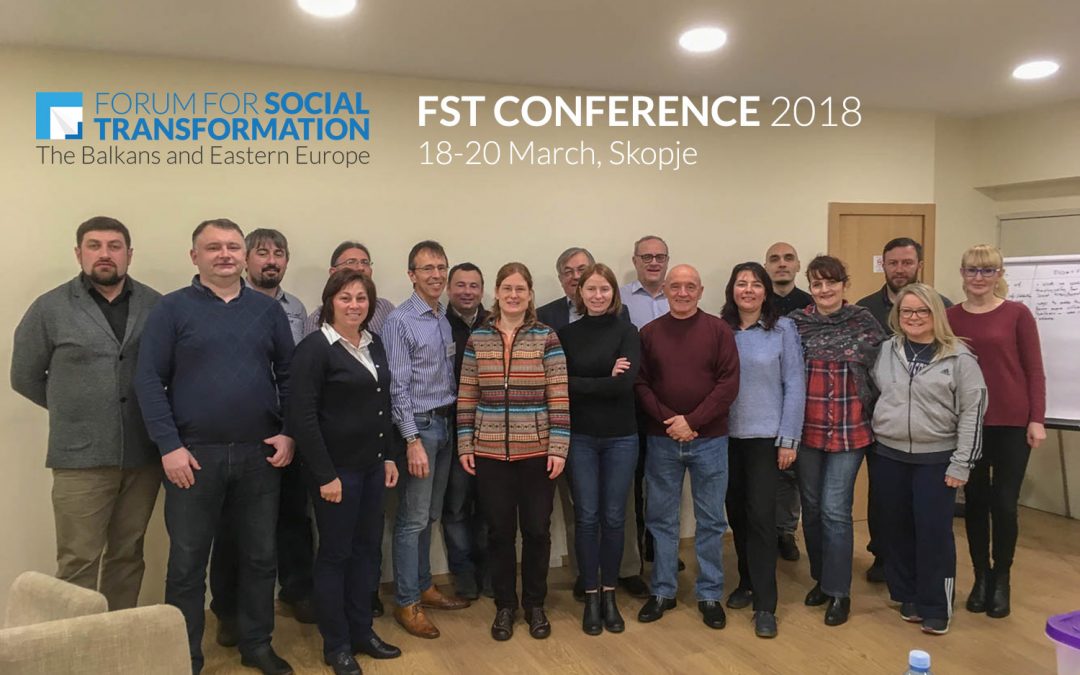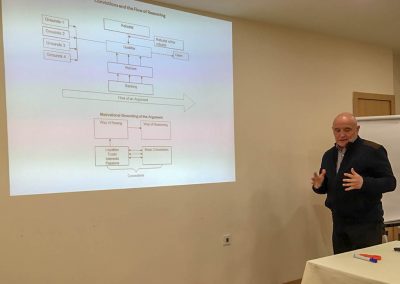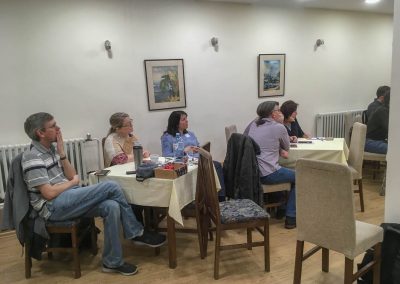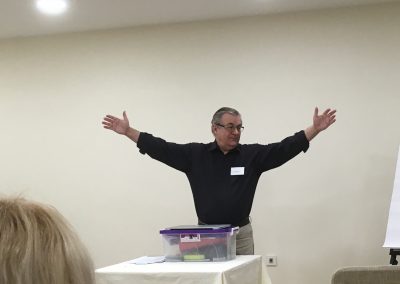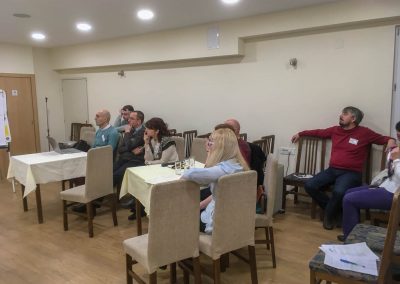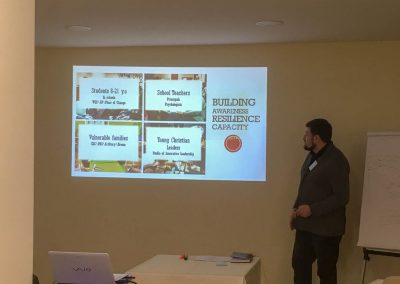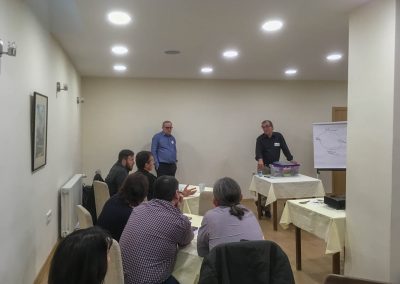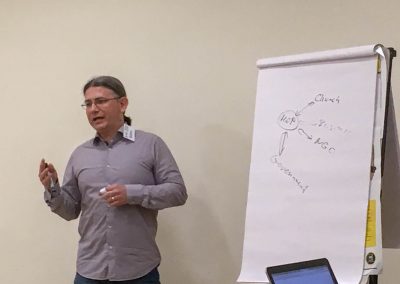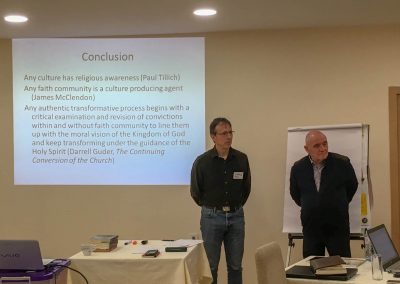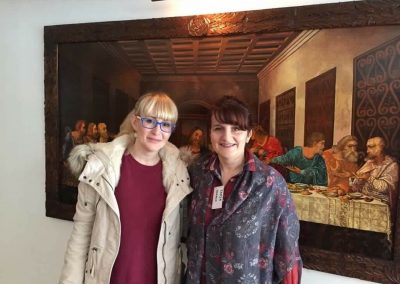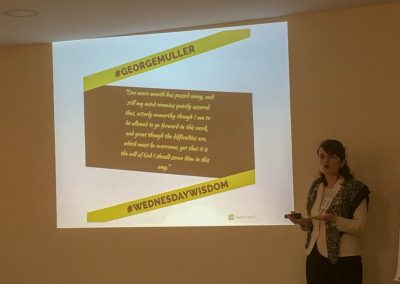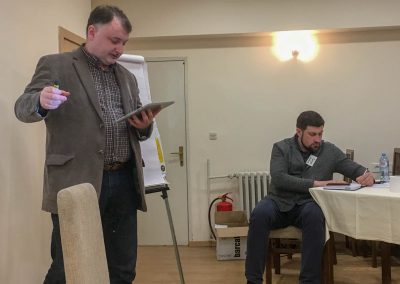For three days delegates from Moldova, Bulgaria, Macedonia, Serbia, Germany and the U.K. met in Skopje, Macedonia, for the third annual conference. This was a great opportunity to reconnect with friends and also welcome new delegates. Travel was difficult because of poor weather, and while some were not able to make it we were truly impressed by the Moldovan delegates who had to travel through five countries to get to Macedonia!
The theme of the conference was “what do we need for effective social transformation?”. Formal sessions were a mixture of seminars on topics such as reconciliation, system change and ethics, together with a series of presentations on projects and learning from participants under the title “stories from the front line”. In addition, there was plenty of time for informal discussion and networking. Taken together the aim of these three strands was to increase knowledge, insight and connectivity – a holistic approach.
One of the themes that emerged was the spiritual aspects to social transformation. This was important because most of the delegates are motivated by their faith but also because most of the countries represented had experienced the “godless” approach to transformation under communism. Vladimir Ubeivolc emphasised the importance of compassion; Johannes Reimer discussed the need for healing of memories, which he saw as fundamentally an exercise of spirituality; and Parush Parushev explained how important prior convictions are in the formation of worldview, ambition, and hence approaches to social action. The discussion was wide-ranging and complex and will be discussed further in a forthcoming paper.
Another theme was to think more clearly about systems and what system change involved. We thought about toxic systems, which literally makes members ill; ineffective systems where it functions poorly and wastes resources; and, by contrast, functional systems. We also considered locked systems which could not change, in contrast to adaptive systems, and what their characteristics were. From this emerged a recognition that we had to be proactive, generous and creative – easier said than done!
FST has always emphasised the personal element, and all delegates were strengthened by hearing each other’s life stories. Many have contended with rejection and oppression, all have had to work extremely hard and take many risks (as well as ethical challenges and the temptation to compromise). We discussed the importance of establishing a rhythm of work and rest and of finding friendships to manage these challenges.
This conference was full of content, ideas and inspiration. Looking ahead we recognised the need to develop more links with other networks, which increases our reach but has resource implications. The core team will be exploring this in the coming weeks.

